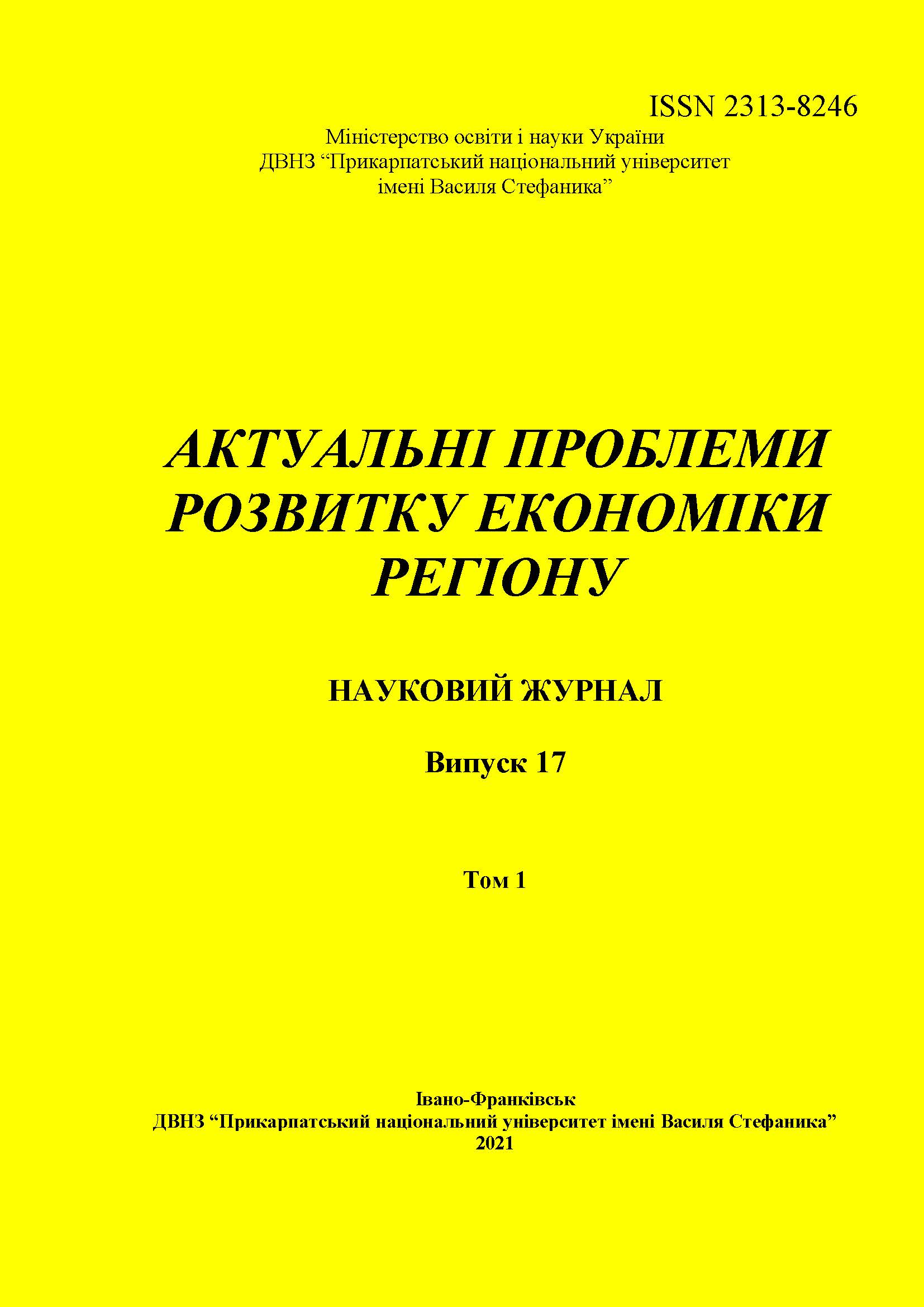ACCOUNTING AND REPORTING IN THE ENTERPRISE MANAGEMENT SYSTEM
DOI:
https://doi.org/10.15330/apred.1.17.233-245Keywords:
accounting, reporting, legal documents, information, enterprise managementAbstract
The article is directed at the study of accounting and reporting in the enterprise management system. The purpose of the article is to study accounting and reporting in the enterprise management system. During the writing of the article, the main general scientific research methods were used, such as: analysis, synthesis, induction and deduction. Accounting as the basis of the information system of enterprise management is discovered. Disclosure of the periodization of the development of accounting as one of the components of management. The main aim of the information system is formed. The structure of accounting is shown. The most important objects of information support of enterprise management from the point of view of realization of accounting tasks are given. The legal basis for regulation, organization and maintenance of accounting and preparation of financial statements in Ukraine is defined. The role of state regulation in accounting is determined. Indicator of financial reporting in the system of information support, justification and decision-making. The connection of financial statements with the main classical functions of management is revealed. The concept of accounting policy of enterprises is given. The components of the accounting policy for expenses, income and financial results are presented. The main characteristics of accounting are given. The general set of all information at the enterprise is classified. It is investigated that in the conditions of the strengthened competition the question concerning accounting and the reporting in the organization, any form of ownership and a kind of activity, became one of the most important stages of process of administration at the enterprise. The importance of this phase is that the basis of success and efficiency is not only accounting and management, but also analysis and control, which play no less important role in management resolve.
Accounting, like any component of business requires regulation by the state and recognition at the interstate level, and the system of accounting for expenses, income and financial results of the enterprise in modern conditions can not fully exist without a proper regulatory framework.
References
2. National accounting regulation (standard) 1 "General requirements for financial reporting". Verkhovna Rada of Ukraine, zakon.rada.gov.ua. Accessed 04.08.2021
3. Belousko, V. Theory of Accounting. Кyiv, 2014.
4. Golub, N, and O.V. Sizonenko. “The place of financial reporting in enterprise management.” Economic sciences, no. 2, 2016, pp. 26-32.
5. Kindratska, L. “Reporting in the general accounting system of business entities: development and improvement.” Bulletin of the Lviv Commercial Academy, no. 35, 2011, pp. 175–178.
6. Lovinska, L. Accounting: Teaching method. manual for self. studied dist. Kyiv, KNEU, 2014.
7. Nazarenko, I. “Accounting and reporting - an information platform for the management process.” Business Inform, no.12, 2015, pp. 250–257.
8. Sadovska, I., Bozhidarnik, T, and K. Nagirskaya Accounting: textbook. Kyiv, Center for Educational Literature, 2013.
9. Serpeninova, Y.S. Accounting: general theory: textbook. Sumy, University Book, 2015.
10. Sirenko, N., Baryshevskaya, I., and Y. Shcherbina. Accounting in enterprise management: a course of lectures. Mykolaiv, MNAU, 2016.
11. Shvets, V.G. Theory of accounting: a textbook. 4th ed. Kyiv, Knowledge, 2015.
Downloads
Published
How to Cite
Issue
Section
License
- Authors retain copyright and grant the journal right of first publication with the work simultaneously licensed under a Creative Commons Attribution NonCommercial NoDerivs 4.0 Unported License that allows others to share the work with an acknowledgement of the work's authorship and initial publication in this journal.
- Authors are able to enter into separate, additional contractual arrangements for the non-exclusive distribution of the journal's published version of the work (e.g., post it to an institutional repository or publish it in a book), with an acknowledgement of its initial publication in this journal.
- Authors are permitted and encouraged to post their work online (e.g., in institutional repositories or on their website) prior to and during the submission process, as it can lead to productive exchanges, as well as earlier and greater citation of published work (See The Effect of Open Access)


